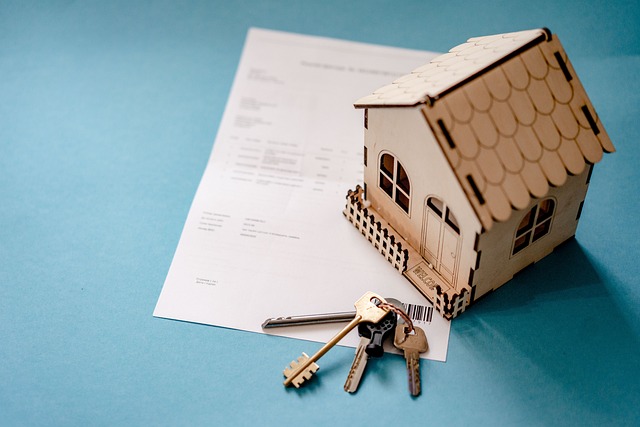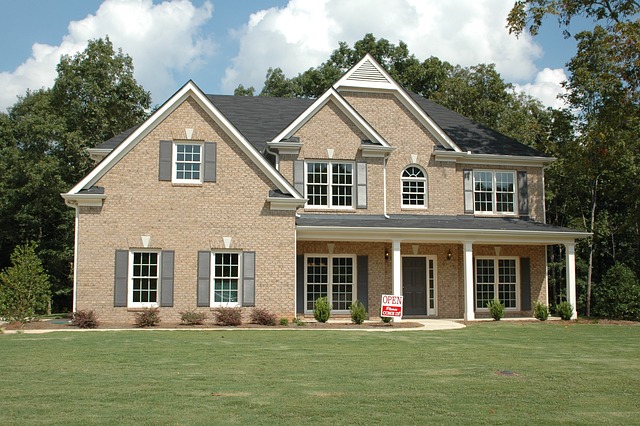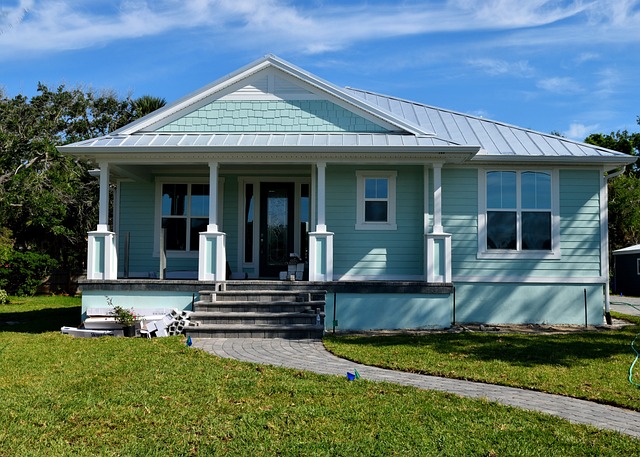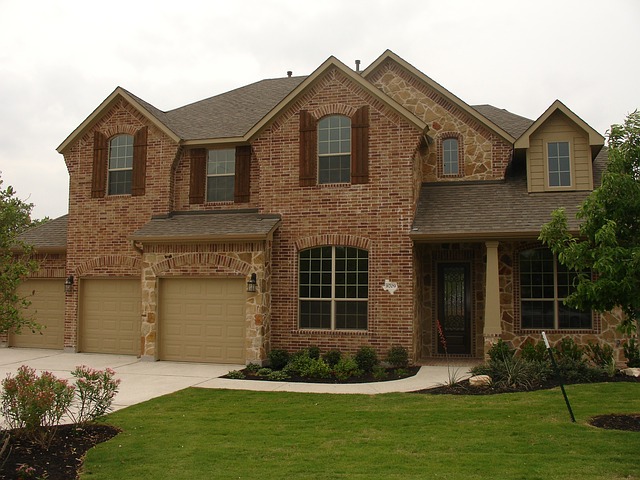To purchase an Executive Condominium (EC) in Singapore, you must be a Singapore citizen who doesn't currently own or have an interest in another flat. Your monthly household income should not exceed S$14,000, and as the principal applicant, you must have owned an HDB flat for at least five years if you are reselling. Couples applying for an EC must earn a minimum occupier income of S$12,000. After satisfying the Five-Year Minimum Occupancy Period (MOP), you can sell your EC in the open market to both Singapore Citizens and Permanent Residents. The Resale Levy (RL) applies after the MOP to deter speculative buying, ensuring that the EC resale market remains accessible for genuine homebuyers. Various financing options are available through the HDB or commercial banks, with loans tailored to meet the specific needs of EC buyers. It's crucial to understand these eligibility requirements and financial options to navigate the property market effectively and responsibly within Singapore.
Explore the nuanced world of Executive Condominiums (ECs) in Singapore, a unique housing option that bridges the gap between public and private housing. This article delves into the intricacies of ECs, highlighting their distinct characteristics, evolving role in the housing market, and eligibility criteria for potential buyers. From understanding the key differences between ECs and private condominiums to navigating the five-year Minimum Occupancy Period (MOP) and exploring financing options, this primer is tailored for those interested in the dynamic Singapore property landscape. Whether you’re a first-time buyer or an experienced investor, this guide provides valuable insights into designing, amenities, location, legal considerations, and maximizing resale value, ensuring a well-rounded approach to EC living. Join us as we demystify the Executive Condominium Eligibility and much more.
- Understanding Executive Condominiums (ECs) in Singapore
- Key Differences Between ECs and Private Condominiums
- The Evolution of Executive Condominiums in Singapore's Housing Market
- Executive Condo Singapore: A Primer on Eligibility Criteria for Application
- Who Qualifies to Buy an Executive Condominium?
- The Five-Year MOP and Its Implications for EC Owners
- Resale Levy and Its Role in the EC Resale Market
- Financing Your Executive Condominium: Options for Mortgages and Loans
Understanding Executive Condominiums (ECs) in Singapore

In Singapore, Executive Condominiums (ECs) are a unique class of public-private hybrid housing that caters to the needs of upgrading and providing affordable home options for middle-income families. These condominiums offer the luxurious facilities and living standards of a private condo while being accessible to those who might not otherwise afford such quality. Prospective buyers interested in purchasing an EC must meet specific eligibility criteria. They must either be Singapore citizens or have at least two Singaporean citizens in the family unit. Additionally, applicants cannot own any residential property at the time of application, and their total household income should not exceed SGD14,000. The eligibility rules are designed to ensure that ECs serve the intended group, providing them with a steppingstone to eventually upgrade to a private property after meeting the minimum occupation period of five years.
The journey to owning an Executive Condominium in Singapore involves understanding these eligibility conditions and the various stages involved in the application and purchase process. The Singapore government has established the Housing & Development Board (HDB) to regulate this process, ensuring that ECs remain a viable and desirable housing option for middle-income families aspiring to improve their living standards without compromising on quality or affordability. Potential buyers must navigate these regulations carefully, as the eligibility criteria are strictly enforced. By doing so, they can enjoy the benefits of EC living, which includes not only the luxurious amenities and facilities but also the strategic locations that often come with access to various public transportation options and proximity to essential services and lifestyle hubs.
Key Differences Between ECs and Private Condominiums

In Singapore’s vibrant property landscape, understanding the nuances between an Executive Condominium (EC) and a private condominium is crucial for potential homeowners. Executive Condo Eligibility primarily caters to younger couples who may not meet the income ceilings for a public housing flat but are looking for something more substantial than a Housing & Development Board (HDB) flat. Unlike private condominiums, ECs are hybrid housing designed for Singaporeans who can later sell their flats to other Singaporeans, offering a pathway from public to private housing. This feature makes ECs an attractive option for those aspiring to upgrade in the future without the immediate income restrictions of private property ownership.
Another key difference lies in the lease duration and associated costs. While both ECs and private condominiums offer modern amenities and facilities, ECs are typically on 99-year leases as opposed to the 99-year or freehold tenures often available for private condominiums. This distinction affects the valuation and eventual resale value of the units. Additionally, the eligibility criteria for purchasing an EC include being a Singaporean couple without any previous ownership, which differs from private condominiums where foreign ownership is permitted, subject to certain limitations. These variations in eligibility, lease terms, and resale potential underscore the importance of careful consideration when choosing between an Executive Condo and a private condominium based on one’s long-term housing goals and financial planning.
The Evolution of Executive Condominiums in Singapore's Housing Market

Singapore’s housing landscape has witnessed significant transformation over the years, with the Executive Condominium (EC) scheme playing a pivotal role in shaping the needs of the middle-income groups. Initially conceptualized to offer a hybrid of private and public housing benefits, ECs have evolved to cater to the changing demographics and financial landscapes of potential homeowners. The eligibility criteria for purchasing an EC have been tailored to ensure that these units remain accessible to couples who are able to afford a flat but may not be ready to upgrade to a private property yet. Over time, the scheme has seen refinements, including adjustments to the income ceilings and the age limits of applicants. These changes reflect the government’s commitment to adapt the EC scheme to the evolving needs of Singaporeans, ensuring that it continues to fulfill its intended purpose within the housing market. The evolution of ECs also mirrors broader shifts in Singapore’s economy and society, highlighting the dynamic nature of the nation’s approach to providing affordable yet quality living spaces. Prospective buyers interested in the Executive Condominium eligibility must stay informed about these updates, as they directly impact the application process and one’s ability to own an EC unit. With a clear understanding of the evolving criteria, individuals can make informed decisions that align with their long-term housing goals.
Executive Condo Singapore: A Primer on Eligibility Criteria for Application

In the vibrant real estate landscape of Singapore, the Executive Condominium (EC) stands out as a housing option that caters to the aspirations of both families and investors. Prospective applicants must navigate the specific eligibility criteria set forth by the Singapore government to be eligible for an EC. As of the latest guidelines, applicants must be at least 21 years old, singleton or married for at least five years with no more than two children, and earning a monthly income of not more than $14,000 for those living in a HDB flat or $16,000 for those not. Additionally, applicants must have an outstanding housing loan from a financial institution for a flat resold by the current flat owner. This criterion is designed to ensure that applicants are financially prepared for the responsibilities of EC ownership.
Furthermore, under the Multi-Generation Public Housing (MGPH) scheme, the same applicant can only apply for a new EC after a base period of 5 years from the date of acquiring a first subsidized flat. For second-timers, the waiting time is 10 years from the date they disposed of their first subsidized flat. These conditions are in place to promote fair access and prevent speculative buying in the EC market. Potential buyers must thoroughly understand these eligibility criteria before embarking on their journey to own an Executive Condominium in Singapore, as they are integral to the application process and ownership eligibility.
Who Qualifies to Buy an Executive Condominium?

In Singapore, the Executive Condominium (EC) is a hybrid housing scheme designed to offer a pathway for upgrading from public to private housing. To be eligible to purchase an EC, individuals must meet specific criteria set forth by the Housing & Development Board (HDB). First and foremost, applicants must be Singapore citizens. They should also not own or have an interest in another flat. Additionally, their monthly household income should not exceed S$14,000. Couples looking to purchase an EC must have a minimum occupier income of S$12,000 to qualify. Furthermore, applicants must typically have been granted an HDB flat for at least five years (principal applicant) or three years (applicant). There are also restrictions on the resale of ECs; owners can only sell their unit back to the HDB or to eligible buyers after fulfilling a minimum occupation period of 5 years. This eligibility criteria ensure that the EC scheme caters to the needs of young couples and families seeking an affordable and upgradable housing option in Singapore.
The Five-Year MOP and Its Implications for EC Owners

Executive Condominium (EC) ownership in Singapore is a unique housing option that caters to the needs of both couples and families looking for an affordable alternative to public housing estates while still providing the benefits and facilities of a condominium. A key aspect of EC eligibility and its associated implications revolves around the Five-Year Minimum Occupancy Period (MOP). Upon fulfilling the MOP, EC owners have the option to sell their unit in the open market, which includes both Singapore Citizens (SCs) and Permanent Residents (PRs). This transition from a limited resale pool to the wider market can significantly affect an EC’s value and liquidity.
During the first five years, EC units are primarily sold to eligible applicants who are first-time flat owners. This policy ensures that the housing supply is distributed among those who need it most, promoting fair access to housing. Once the MOP is satisfied, the unit can be sold to a broader range of buyers, potentially increasing its market value due to its eligibility for SCs and PRs, which is not available for regular public housing. This shift has important considerations for EC owners, as it impacts their long-term investment strategies and planning for home ownership in Singapore. Prospective EC residents should carefully assess the MOP’s implications, considering how it aligns with their future housing plans and financial goals. Understanding the EC eligibility criteria and the MOP is crucial for making informed decisions regarding this unique housing option.
Resale Levy and Its Role in the EC Resale Market

In Singapore’s property landscape, the concept of an Executive Condominium (EC) blends the benefits of a condo with the affordability of public housing, catering to the needs of couples and families. A significant aspect of the EC resale market is the Resale Levy (RL), which plays a pivotal role in its dynamics. The RL is a fee imposed on individuals purchasing an EC from the open market after the initial five years following its launch. This levy serves as a measure to ensure that only eligible applicants, such as those who meet the Singaporean citizen requirement and the Monthly Household Income Ceiling set by the Housing & Development Board (HDB), can purchase an EC directly from the resale market. The RL aims to discourage speculative purchases and promotes a more stable resale market for genuine homebuyers. It effectively prevents individuals who have previously owned an EC from acquiring another one immediately, thus maintaining the affordability and availability of these units for first-time applicants who qualify under the Executive Condominium Eligibility criteria. The levy amount is determined based on the sale price or value of the EC at the time of purchase, encouraging residents to consider their long-term housing plans before committing to an EC. This thoughtful policy framework ensures a balanced and fair resale market for ECs in Singapore.
Financing Your Executive Condominium: Options for Mortgages and Loans

In Singapore, the Executive Condominium (EC) offers a harmonious blend of convenience and affordability for aspiring homeowners who do not necessarily qualify for public housing due to their income ceilings. For those looking to finance their purchase of an EC, understanding the options available is paramount. Prospective buyers have access to various financing schemes tailored to their needs. The Housing & Development Board (HDB) provides loans to eligible applicants for ECs, which can be a significant advantage given the competitive interest rates and flexible loan tenures. Additionally, commercial banks and financial institutions offer mortgages specifically designed for EC purchases. These options often come with their own set of benefits, such as lower down payments and tailored repayment structures that align with the buyer’s financial capabilities. To be eligible for an HDB loan or a bank loan, applicants must meet specific criteria, including income ceilings and the Occupation Period Scheme stipulations, which dictate how long one must occupy the EC before it can be sold. Prospective buyers should carefully evaluate their financial situation and explore these financing avenues to determine the most suitable loan for their new Executive Condominium. This due diligence ensures that they make an informed decision, aligning with their long-term financial planning and aspirations for homeownership in Singapore.
In conclusion, Executive Condominiums (ECs) in Singapore present a unique housing option that bridges the gap between public and private housing, catering to the needs of upgrading families. This article has shed light on the distinct characteristics of ECs, their evolution within the local housing market, and the specific eligibility criteria for prospective buyers. Understanding the key differences between ECs and private condominiums is crucial for potential homeowners considering their options. With a comprehensive overview of the five-year Minimum Occupation Period (MOP) and the implications it holds, as well as the Resale Levy mechanism, readers are now better informed about the financial commitments and long-term considerations associated with EC ownership. Prospective buyers interested in this segment of the property market can explore various financing options available to them, ensuring a smoother transition into their new homes. For those looking to navigate the path towards owning an Executive Condominium in Singapore, this primer on eligibility and associated terms is an indispensable resource.
